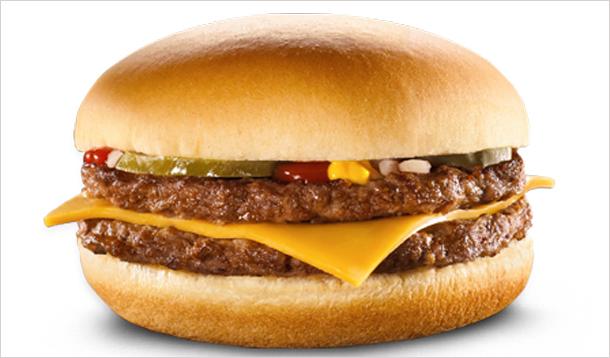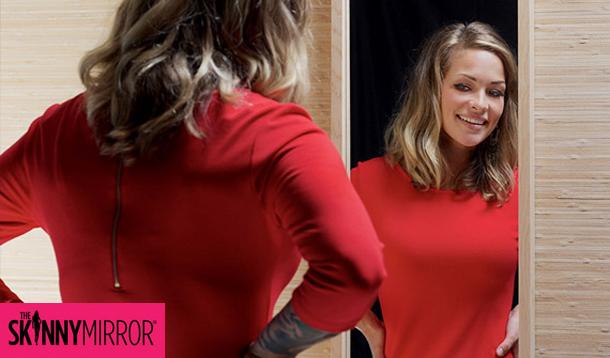
Health Canada, the United States Consumer Product Safety Commission (US CPSC) and Be Amazing! Toys have jointly recalled the Monster Science and Super Star Science Colossal Water Balls (Water-absorbing Polymer Balls) by Be Amazing! Toys with the following model numbers: #7255 and #7704.
If swallowed, the toy can expand, causing a blockage in the small intestine, which could lead to severe discomfort, vomiting, dehydration. Although the toys may not show up on an X-ray, ingesting a ball could be life threatening.
While there have been no reported incidents in Canada, in the U.S. a similar product was ingested and needed to be surgically removed from an 8-month-old's stomach.
Customers are advised to remove the toy immediately and contact Be Amazing! Toys toll-free at 1-877-798-9795 or direct 1-301-895-4531, from 9 a.m. to 5 p.m. ET, Monday through Friday for a refund. Alternately, customers may visit the company's website for more information.

The nutritional pot was stirred and shaken this week with Freakonomics writer Stephen Dubner's controversial podcast suggesting that the world's "cheapest, most nutritious and bountiful food" is none other than the McDouble cheeseburger.
Cue mass outrage from sustainable, organics-loving types. But stop and look at the figures for a minute. The burger may reside on the junk food blacklist, but at 390 calories it packs a kick of protein, fibre, and calcium that's hard to beat. Add to that the fact that you can get one on practically every North American street corner, at little more than a buck, and it's little wonder that Dubner and Co. have hailed the burger as the "one of the unsung wonders of modern life."
According to an article in the New York Post, the value for money of the burger is incomparable. I can relate. When I was backpacking and living like a Dickensian character, those golden arches were the best option I could afford. Fact: a meal deal was sustenance, as close to a 'balanced meal' as I could get at the time.
As the Post's Kyle Smith argues, in this economically pinched age, the divide between rich and poor is rarely more stark than when it comes to food. Fresh produce and quality meat are increasingly becoming luxury items that are scarcely affordable for many people.
"If the macrobiotic Marxists had their way, of course, there’d be no McDonald’s, Walmart or Exxon, because they have visions of an ideal world ..." writes Smith. "That’s not going to work for the average person, but who cares if they go hungry because they can’t afford a burger anymore? Let them eat kale!"
What do you make of Smith's rant and the Freakonomics of McDonald's?

It's the ultimate trompe l'oeil—a mirror that makes you look thinner than you actually are. Thanks to a concave curve in the glass, Kickstarter entrepreneur Belinda Jasmine has devised a piece of ingenuity that flatters, and well, lies.
According to an article in the Daily Mail, the Skinny Mirror provides users with rose-coloured glasses, making them appear up to 10lbs lighter. It's thought that the boost given by the mirror, which costs around £116 ($183CD), is a cheaper alternative to plastic surgery.
If our self-image is linked to our ‘perceived’ attractiveness, then maybe a skewed mirror is all that's needed to help us face the world with confidence and competence. You must admit, it's far less insidious than this method, or this one for that matter.
"Nothing is more gorgeous than the self-assurance that comes from feeling good in your own skin," goes the company's ethos. But do we really need a fallacy to help us feel better about our bodies?
For everyone who's experienced one of those 'fat days,' where every item in your closet winds up in a discarded pile on the floor, having a mirror that flatters may be a welcome concept.
Further, Skinny Mirror's makers insist their product could help those suffering from conditions like body dysmorphia, in which a person's perception of their bodies is distorted and inaccurate.
Does the Skinny Mirror provide a harmless confidence boost or is it simply an exercise in self-deception? Would you consider buying one?